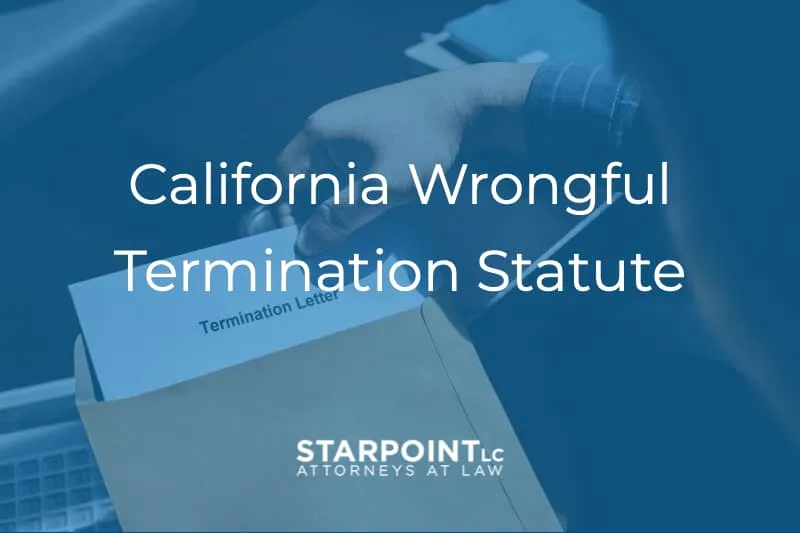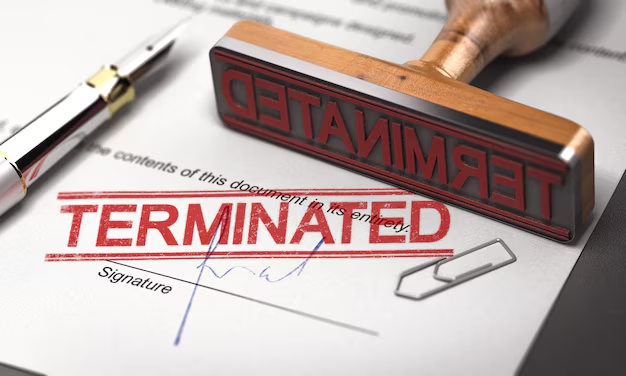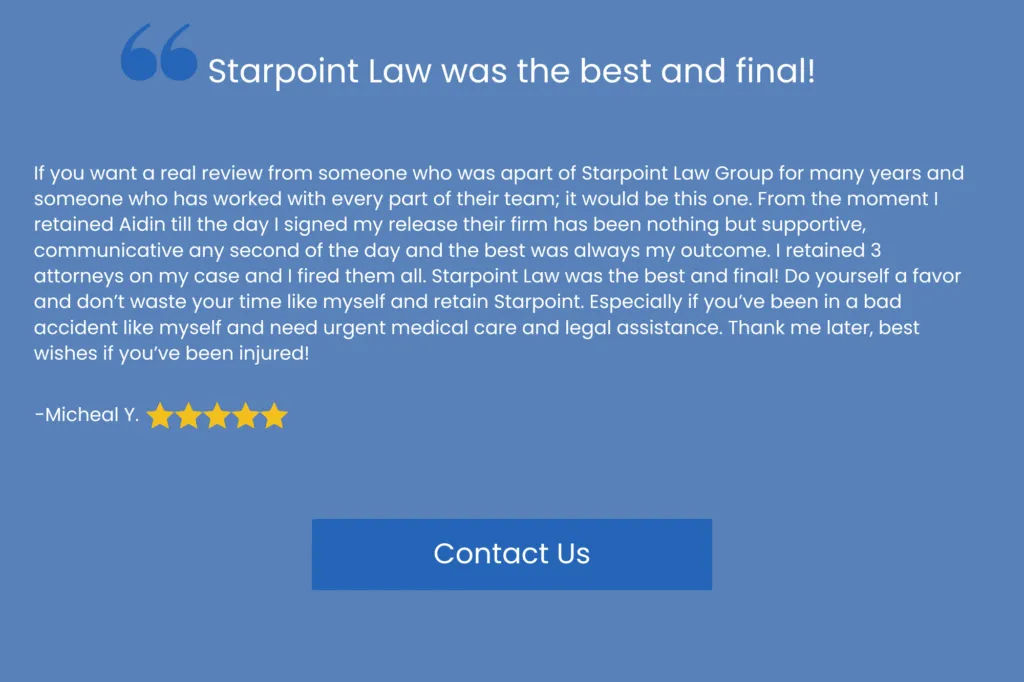Statute of Limitations for Wrongful Termination in California
Learn the key California wrongful termination deadlines so you don’t miss your chance to file a claim and recover compensation.
Employment Law
5 min read


Being wrongfully terminated from your job can be devastating and hard to process, but you must act quickly to protect your rights after termination.
You have limited time to file a complaint or lawsuit for wrongful termination before you lose your right to receive compensation.
This limited amount of time is called a statute of limitations. The statute of limitations for wrongful termination in California depends on where and how you file your complaint.
In many cases, you have the option of filing your complaint at the federal level, the state level, or both.
An experienced wrongful termination attorney can timely file these complaints about you and keep you from missing out on needed relief.
If you think you have questions about being wrongfully terminated in California, you should seek experienced legal help at Starpoint Employment Law. Contact us today to get started.
The Statute of Limitations for Federal Complaints
In general, federal law prohibits employers from firing employees because of protected characteristics such as race, religion, sex, disability, age, etc.
If your employer fired you unlawfully, you have very little time to file a U.S. Equal Employment Opportunity Commission (EEOC) complaint against your employer.
Typically, you have 180 days after a wrongful termination to file an EEOC complaint.
The Statute of Limitations for California Complaints and Lawsuits
Much like the federal prohibition mentioned above, a California employer cannot fire you for protected characteristics such as race, religion, sex, disability, etc.
Also, your employer can’t fire you for exercising your rights as an employee or fulfilling obligations such as jury duty and military service.
Wrongful termination can be devastating, but you must act quickly to protect your rights. Starpoint Employment Law can help you file timely complaints. For expert advice and a free consultation, call 310-424-9971 or contact us online today. CONTACT US
Filing a State Agency Complaint
If you’re the victim of wrongful termination, the California statute of limitations to file a complaint with the Department of Fair Employment and Housing (DFEH) is three years after your termination.
You have to file a complaint with DFEH before you can sue your employer in civil court.
Filing a Civil Lawsuit
If you want to sue your employer in civil court, you have to get a right-to-sue notice from the DFEH. After you file your DFEH complaint, you might have to participate in dispute resolution.
If the DFEH doesn’t start a civil action against your employer within 150 days of filing your complaint, or they decide not to bring a civil action at all, they issue you a right-to-sue notice.
You have one year from the date of your right-to-sue notice to file a wrongful termination lawsuit against your employer.
Deadline Extensions
You need to file wrongful termination lawsuits as soon as possible. But don’t jump to despair if you think you’ve missed a deadline—ask questions first.
State and federal laws provide for some extensions on their complaint filing deadlines, depending on the circumstances.
Federal Deadline Extensions
If your EEOC wrongful termination complaint is also covered by anti-discrimination provisions in your state’s laws, you have 300 days from the date of termination to file your federal complaint.
California Deadline Extensions
California law allows for the following deadline extensions in state wrongful termination complaints:
- An employee who finds out about their employer’s unlawful actions only within 90 days after the deadline expires can have a 90-day extension;
- An employee who has certain issues with identifying the correct employer can have a one-year extension; and
- An employee who was wrongfully terminated while they were still a minor can have an extension that lasts until one year after they reach the age of majority.
Do not rely on these extensions if you can help it. Get your complaints in as early as possible so you can take advantage of all of your rights.

Reach Out to an Attorney Today to Preserve Your Rights
If you’ve been fired and don’t think your employer’s reasons were legal, speak to an attorney immediately. It’s heartbreaking if you can’t get the relief you deserve only because your complaint paperwork wasn’t filed on time.
A skilled wrongful termination attorney can make sure you meet all deadlines. Our attorneys at Starpoint Employment Law are experienced, committed, principled, and empathetic toward your workplace struggles.
We give our clients the one-on-one attention and professional guidance they deserve. We want to do that for you. You can contact us online or call us any time of day at (310) 424-9971. Our consultations are free.
Where You Can Find Our Sherman Oaks Office
Employment Law
Contact Us
You Don’t Have to Figure This Out Alone.
Whether you were injured or mistreated at work, we’ll explain your options clearly — and guide you through every step. No fees up front. No pressure. Just answers.

















.webp)